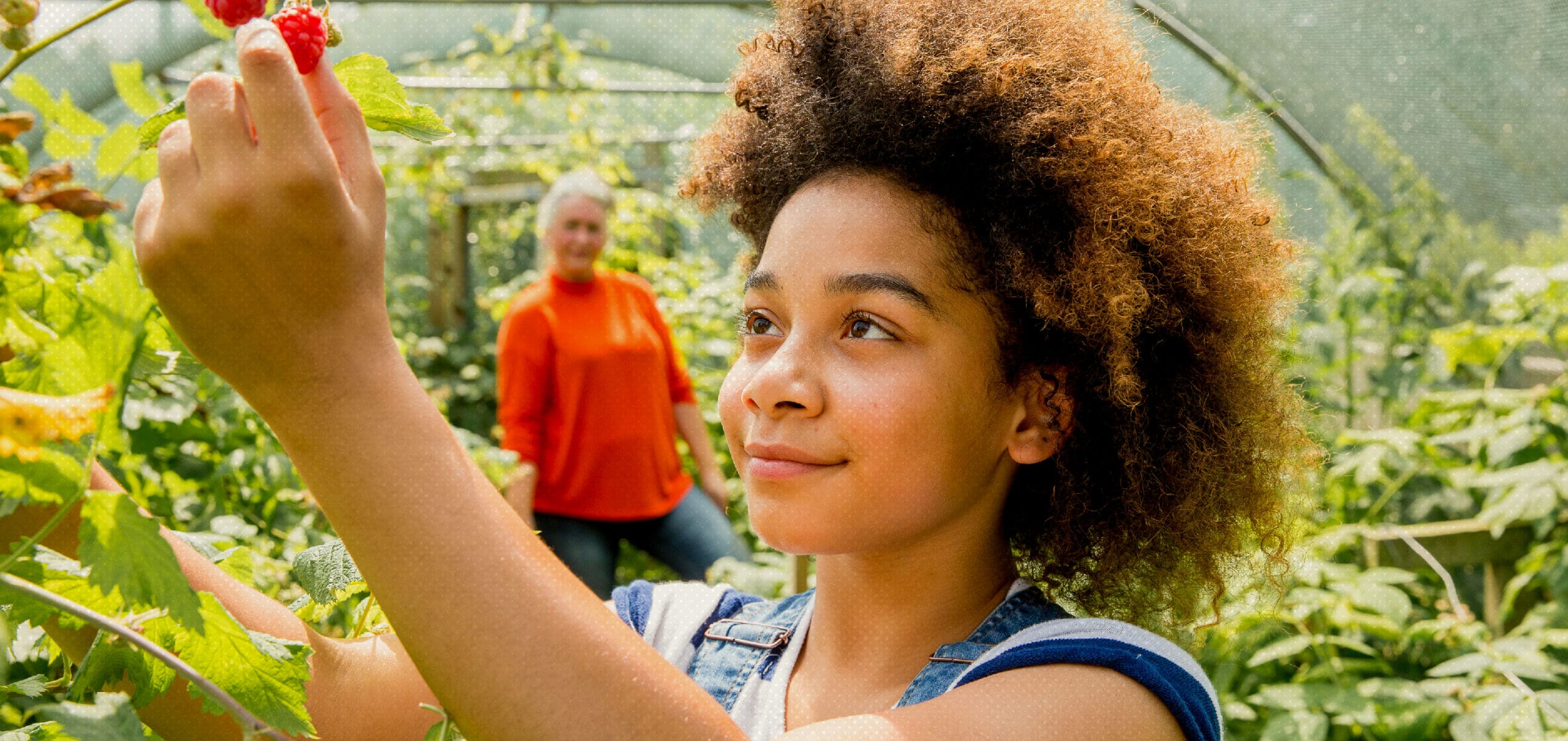Volunteerism has a positive and far-reaching impact both on the communities it serves and also on those who serve their communities.
In fact, student volunteerism has proven value for high school students. Not only does volunteer work contribute to academic success, but it can also be a key factor in a student’s overall development.
Student volunteerism is directly linked with success in school, making it an obvious choice for those looking to get ahead. According to the Corporation for National and Community Service, students who report doing better in school are more likely to be volunteers than students who report doing less well, and are also more likely to have been involved in community service as part of a school activity.
Involvement in school-related volunteer activities also has the added bonus of enriching a student’s educational experience. That’s because school-based service projects usually require group planning, research, and/or writing, which gives students the opportunity to fine-tune these skills in a more organic setting (than, say, a structured classroom environment). Volunteering also exposes students to people and places they may not encounter in school, which provides an opportunity for expanded cultural and societal awareness.
Most students and parents are aware that volunteer activities can be a valuable resume builder.
But beyond being a box to check in a college application, volunteerism allows college applicants to show who they really are, what they’re passionate about, and which skills they developed throughout high school. While a one-time service project likely won’t impress a discerning admissions officer, consistent involvement in volunteer work that engages a student’s talents and/or passions certainly sets them apart. Students can make the most of the volunteer opportunities available to them by staying consistently involved and seeking leadership roles within volunteer groups.
In addition to bolstering college applications, involvement in volunteer work can pay dividends once students launch into their post-graduate careers. Volunteerism can provide valuable networking opportunities, experience working on a team, and a chance to actively work toward a future career. And a student doesn’t have to pursue a nonprofit career in order to walk away with invaluable, real-world work experience from their volunteer efforts. In fact, volunteering can expose students to new career paths they may have otherwise never considered.
Students interested in volunteering can start by joining an established service organization at their high school, like Key Club or Interact Club.
They can also easily get involved in community service projects at a nearby food bank, with the American Red Cross, or with any number of local service organizations and nonprofits. A quick online search can lead interested students to plenty of unique organizations that resonate with their specific passions or skill sets.
Ultimately, student volunteerism offers big wins for everyone involved. Not only is it a force for good in local communities, but it also gives students a chance to learn, grow, and build valuable skills that can be put to good use in college — and far beyond.


